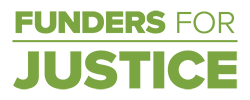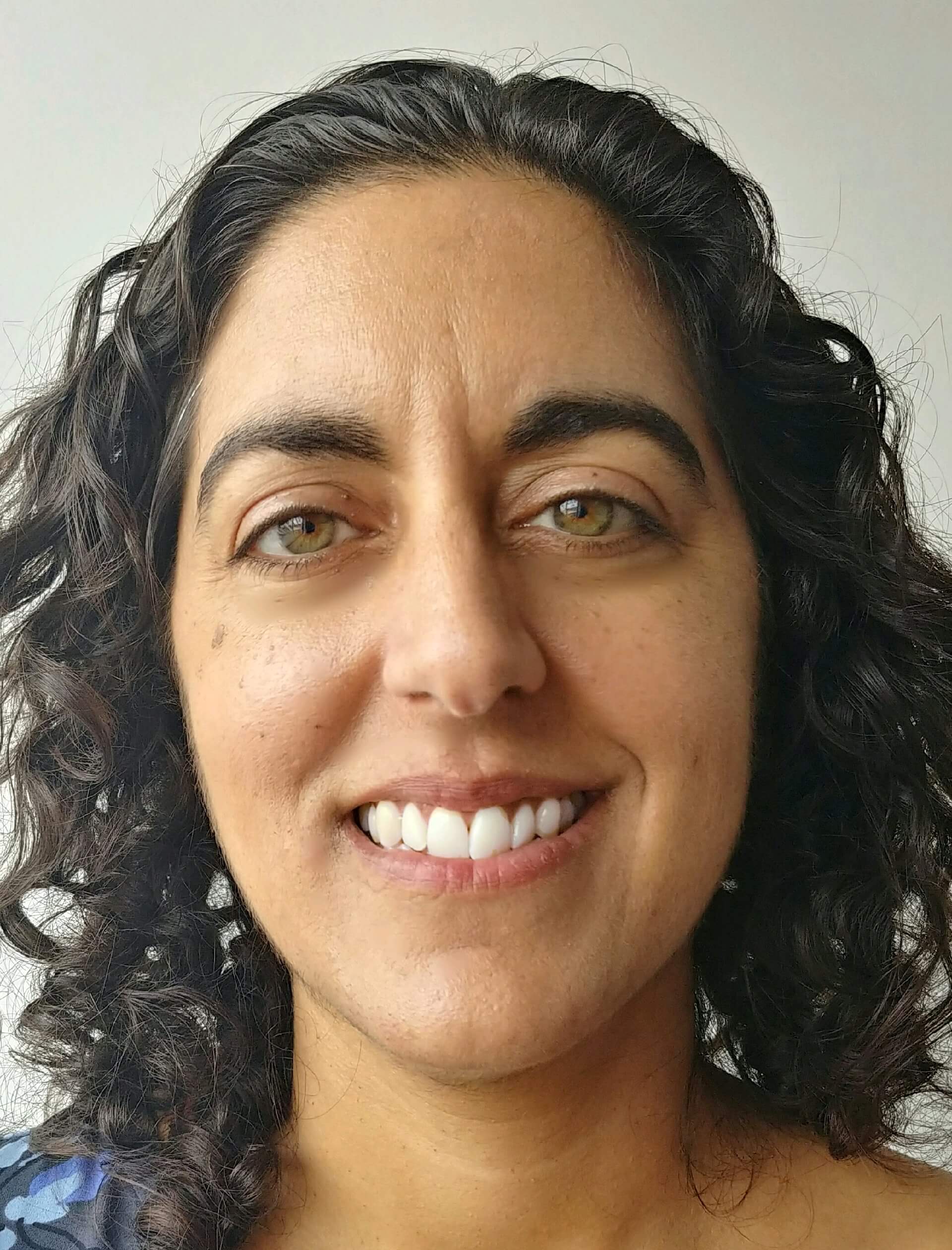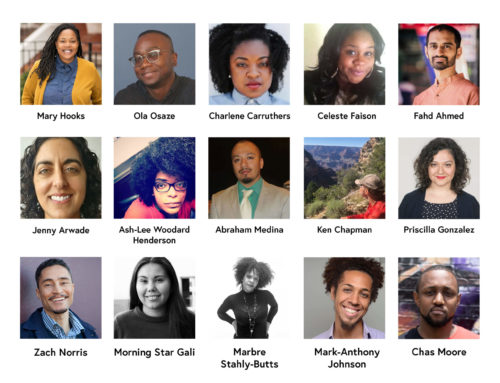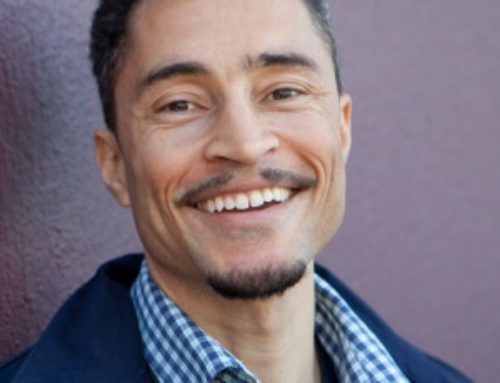FFJ Advisor Discussion Series: Jenny Arwade
May 2019
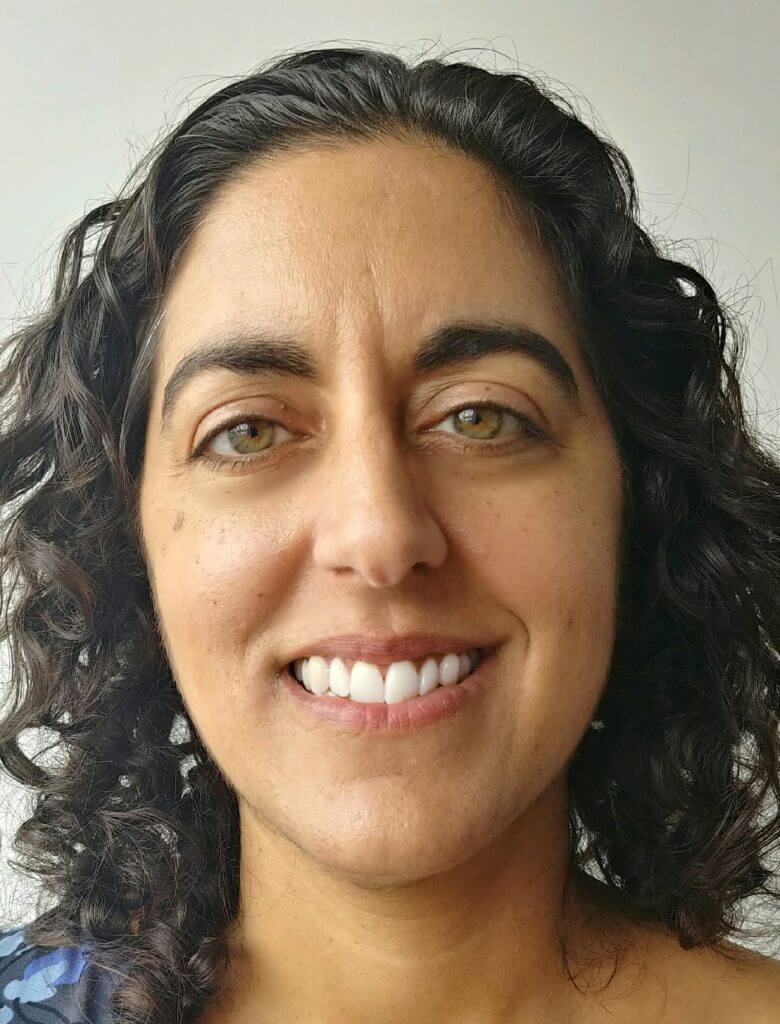
Jenny Arwade, Co-Executive Director of Communities United and FFJ Field Advisor, tells us about current Chicago happenings and the role of healing justice in “building the power necessary to change the conditions in our communities, dismantle structural racism, and address long term healing through transformative change”.
What are some key fights happening in Chicago that you think folks across the country should be watching?
In Chicago, we are coming off of a historic Mayoral run-off election, with voters electing the city’s first Black, Lesbian woman as Mayor. We now have Black women at the helm of our city, county, and occupying a key position in our state as Lieutenant Governor. All eyes are watching to see if this will help our city lead to progressive change, or if the status quo will merely be reinforced through new leadership. What we do know is that all three women have a stated an ongoing commitment to criminal justice and juvenile justice reform, and addressing the cycle of violence through positive investments in communities.
There are several key things to watch for: Under this new leadership, will we start seeing progress towards community justice reinvestment? — a paradigm shift in which public resources are invested in meeting the employment, housing, educational and health needs in communities of color that have been hardest hit by disinvestment, mass incarceration, and immigration enforcement, rather than perpetuating systems that reinforce trauma, violence, and the separation of families. Can we move from a place of winning critical policy changes, and losing others, to having truly transformational change to preserve Chicago as a city that continues to be home to the poor and working class, and where a holistic racial equity agenda is advanced by both communities and our elected leaders?
This may all sound aspirational – but that is the key challenge ahead of us. We need to not only believe it is possible, but recognize that it will only be possible with visionary demands, coming from communities most directly impacted. While having people that represent the identities of our communities is an important aspect of the paradigm shifts we are working towards, we know from history that it is not just who represents us, but the movement for change that is built from the ground up that will make the difference.
Why does Communities United use a Healing Justice Frame? How is Healing Justice central and vital to your work and the work of Communities United?
“We are the solution we need”
Communities United’s Healing Justice frame is centered around the need to decolonize health and wellness. While there is growing attention to the medical benefits of mindfulness, yoga, and other practices that are deeply rooted in the ancestry of people of color, they are also becoming billion dollar industries that in many cases continue to fuel corporate profit, and underscore elitism, cultural appropriation, and a lack of access for communities most directly impacted by trauma.
CU’s approach is grounded in the notion that we all have the capacity to be our own healers, and support the healing and wellness of those around us – that we ARE the solution we need. Breaking it down very simply, our approach to healing justice focuses on the sharing of our stories and our wounds, building a community of support, moving to collective action, and being conscious of our own movement and breath as we build together. We believe that every act of self-love and individual recovery is an act of heroic living. By building a critical mass of individuals who are redefining what investments in communities need to look like, we are building heroic communities. This leads to building the type of power needed to hold public systems accountable and advance change that is truly transformational.
What do you want funders to better understand about the healing justice frame?
We believe that a healing justice frame creates a pathway for systems change and community change that is transformational. Through our work with mental health professionals, we have broad agreement both that the scope and impact of trauma is so expansive that clinical supports will never be enough, and that there are often no systems available that reflect the cultural dynamics and histories of communities of color. We also have agreement that the critical role of community in supporting the healing process is not widely recognized or valued through traditional systems, even though it can have the most powerful impacts. Healing needs to be broadly accessible, and the reason community plays a vital role is that it is rooted in relationship – our relationship to ourselves, each other, and our understanding of the world around us. We all have the power to be our own healers, and to help each other on the healing process.
Partnerships are also critical in this work. CU partners with organizations that have values and approaches that are aligned with our healing justice frame, such as organizations focused on supporting individuals suffering from addiction along their path to recovery using approaches that include traditional healing practices, and more. These partnerships are critical to bringing the breadth of community wisdom and values-aligned health institutions together to advance our healing justice work.
We are currently working to build movement with our Healing and Justice Transformation framework across communities. Our hope is that the more we all share and make resources accessible, the more this work can grow and become part of the fabric of how communities and institutions are engaging in this work. As we work to decolonize health and wellness, we believe there is a crucial role for mental health professionals, especially those that come from our communities, but that healing and wellness is a movement approach.
How do you understand the political moment that we’re in? What do you think we need to do differently right now?
Healing justice is about building the power necessary to change the conditions in our communities, dismantle structural racism, and address long term healing through transformative change. If we believe that “we are the solution we need,” then we need to trust communities to define our own needs, what makes us well, and not try to fit anything into a box. In this political moment, as in all political moments, we have to look back to our roots. Healing justice is not a new shiny object, but an approach grounded in our ancestry and past movements, and propelled by the vision of our next generation of leaders.
